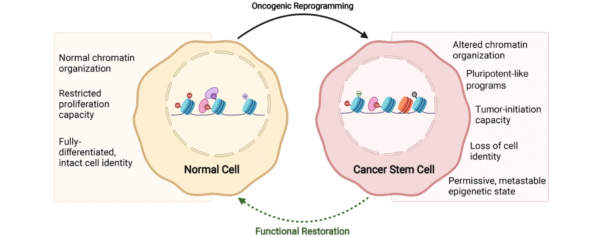Introduction:
Drug development is a complex and intricate process that involves several stages, from initial screening to clinical trials and regulatory approval. Two critical aspects of drug development are ADME and DMPK, which play a crucial role in determining the pharmacokinetic and pharmacodynamics properties of drugs. In this blog post, we will explore the significance of ADME and DMPK and their importance in drug development.
Understanding ADME:
ADME stands for Absorption, Distribution, Metabolism, and Excretion, which are the four key processes that determine how a drug behaves in the body. Absorption refers to the process by which a drug enters the bloodstream, while distribution refers to how the drug is transported throughout the body. Metabolism refers to the way the body breaks down and transforms drugs, while excretion refers to how drugs are eliminated from the body.
Key Points:
Absorption:
Absorption is the first step in determining the efficacy of a drug. The ability of a drug to enter the bloodstream is influenced by factors such as the drug’s solubility, formulation, and the route of administration. Understanding the absorption characteristics of a drug can significantly enhance drug efficacy and optimize dosage.
Distribution:
Distribution determines how the drug is transported throughout the body. It is influenced by factors such as the drug’s chemical properties and the body’s physiological barriers. Understanding how a drug distributes in the body is critical in determining its therapeutic efficacy and potential toxicity.
Metabolism:
Metabolism influences how a drug is broken down in the body. The metabolism of drugs is carried out by enzymes called cytochrome P450s, which play a critical role in determining the efficacy and toxicity of drugs. Researchers must understand the metabolic characteristics of a drug to optimize its efficacy and minimize its side effects.
Excretion:
Excretion influences how drugs are eliminated from the body. The main organ responsible for drug excretion is the liver, which metabolizes drugs into forms that can be easily excreted in urine or feces. An understanding of the excretion characteristics of drugs is crucial in determining their clearance from the body and optimizing dosage.
Understanding DMPK:
DMPK stands for Drug Metabolism and Pharmacokinetics, which is the study of how drugs are absorbed, distributed, metabolized, and excreted in the body. DMPK plays a crucial role in drug development, as it provides insights into the pharmacokinetic and pharmacodynamics properties of drugs. DMPK studies often involve in vitro and in vivo experiments, with a focus on determining the absorption rate, bioavailability, half-life, and clearance rate of drugs.
Key Points:
Pharmacokinetics (PK):
PK involves the study of drug levels in the bloodstream over time. It involves determining various parameters such as absorption rate, clearance rate, and half-life. Understanding PK parameters is critical in optimizing drug efficacy and minimizing toxicity.
Pharmacodynamics (PD):
PD involves the study of how drugs interact with their molecular targets in the body. It involves determining how drugs modulate specific pathways and how changes in drug concentrations affect their efficacy. Understanding PD parameters is critical in determining drug efficacy and optimizing dosing regimens.
In Vitro Studies:
In vitro studies are experiments conducted outside the body, using cell cultures or other artificial systems. These studies allow researchers to determine the pharmacokinetic and pharmacodynamics properties of drugs in a controlled environment. In vitro studies play a crucial role in drug development, as they can provide valuable insights into the efficacy and toxicity of drugs.
In Vivo Studies:
In vivo studies are experiments conducted in living organisms, such as animals or humans. These studies provide a more accurate representation of how drugs behave in the body and are therefore essential in determining the pharmacokinetic and pharmacodynamics properties of drugs.
Conclusion:
ADME and DMPK are critical aspects of drug development and play a crucial role in determining the efficacy and safety of drugs. Understanding how drugs are absorbed, distributed, metabolized, and excreted in the body is crucial in optimizing drug dosage and minimizing toxicity. Likewise, DMPK studies provide critical insights into the pharmacokinetic and pharmacodynamics properties of drugs and are essential in drug development. By focusing on ADME and DMPK, researchers can enhance drug efficacy, minimize toxicity, and unlock new possibilities in medicinal chemistry.
#ADME #DMPK #vivostudies #vitrostudies

